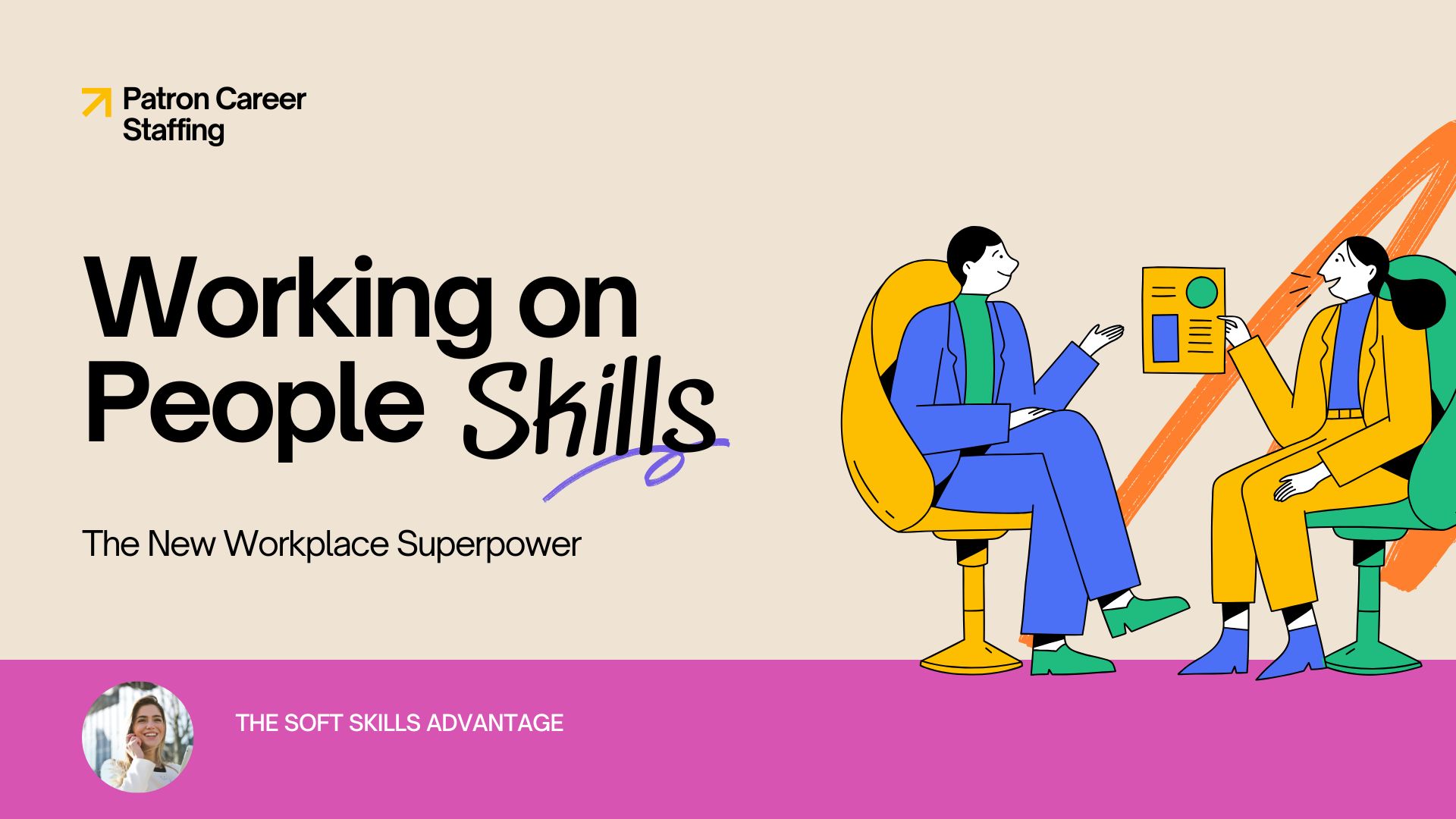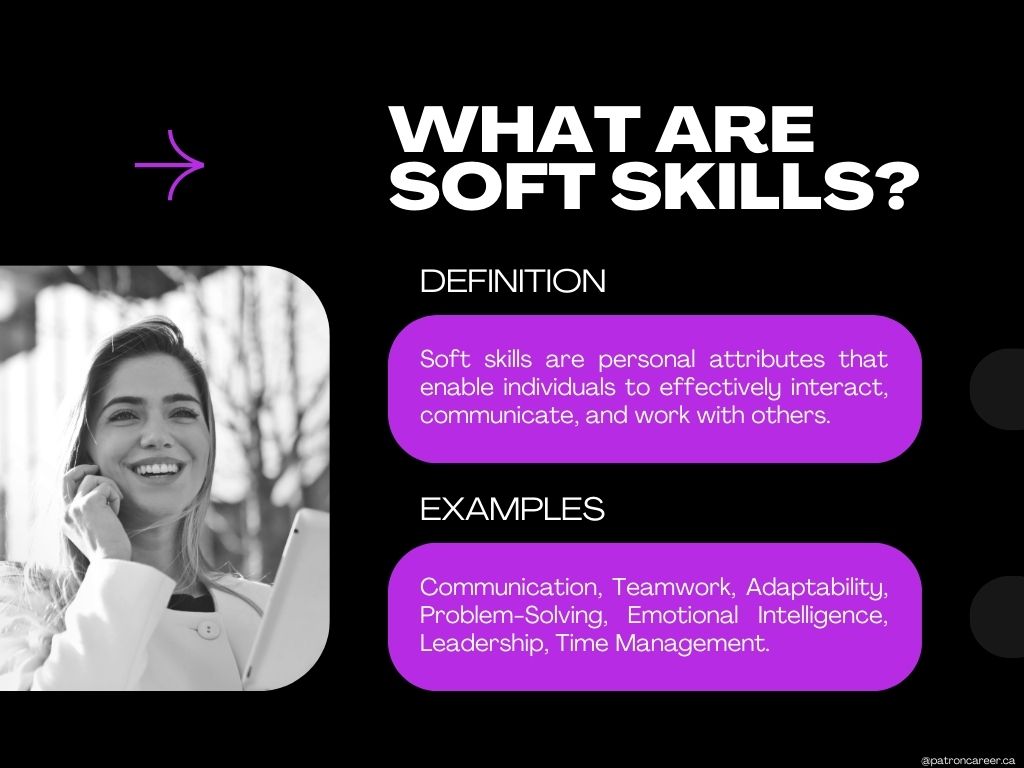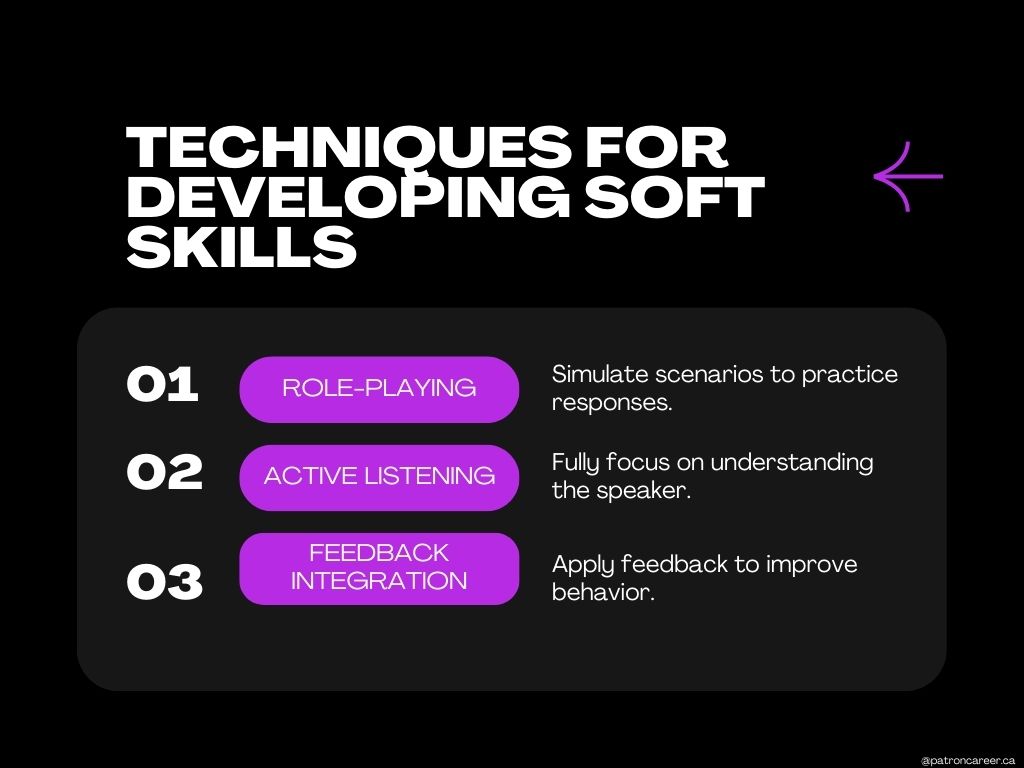The Strategic Power of Soft Skills: Driving Career Growth and Business Success
For decades, managers relied on the adage that “Talent can be measured by what can be tested, not by what can be felt.” Hard skills were considered the true currency of competence. Measurability was the focal point because performance assessments were quantifiable, conclusive, and unambiguous.
Today, however, the paradigm has shifted dramatically. What could previously drive productivity no longer guarantees success. Organizations are realizing that competencies like communication, adaptability, emotional intelligence, and leadership, which are all soft skills, are the ultimate advantage. Businesses are placing more value on soft skills, once considered intangible and vague.
While hard skills may get you the role you desire, it is the mastery of honing soft skills that sustains long-term excellence and ensures career advancement in today’s competitive workplace.
This article will explain what soft skills are, their importance, and actionable steps to enhance them. Additionally, we will also provide insights into the impact these skills have across career development and organizational growth.
Let's dive right in!
Defining Soft Skills: Separating The Good from the Great
Soft skills, also commonly known as people skills, are defined as personal attributes, traits, and interpersonal abilities that enable effective engagement with others, navigate workplace challenges, and contribute to collaborative environments. Soft skills, which are mostly innate, include a diverse range of proficiencies: communication, leadership, emotional intelligence, problem-solving, conflict resolution, and empathy.
You may learn hard skills over time, but chances are that your soft skills may vary—you may excel in some while needing to develop or enhance others.
Nevertheless, they are crucial for fostering healthy professional relationships, facilitating innovation, and driving leadership effectiveness.
Also read: The Role of Soft Skills in Recruitment: Why They Matter and How to Assess Them.
The upshot is that soft skills are equally important. Or even more important than hard skills when evaluating candidates.
The Growing Importance of Soft Skills in the Modern Workplace
It's undeniable that soft skills are at the heart of workplace harmony. They are non- negotiable in 2025 and beyond because the workplace has changed altogether. The rise of remote work, global teams, and diverse workplaces have all pushed interpersonal skills to the top of modern work life.
Here’s why soft skills matter, now, more than ever:
- Rise of Human-Centric Leadership: Organizations highly prioritize empathetic leadership style, requiring leaders who can inspire, connect, and communicate effectively.
- Remote and Hybrid Work Environments: Collaboration across digital platforms demands strong communication, trust-building, and problem-solving abilities.
- Organizational Agility: Businesses that foster adaptability and resilience through soft skills can navigate workplace challenges and market shifts more effectively.
- Innovation and Problem-Solving: Critical thinking and creativity, both grounded in strong soft skills, are vital for innovation in competitive industries.
Core Soft Skills Types You Must Master
While soft skills are abundant, several core categories stand out as indispensable in helping you land your dream job or amplify your professional life:
1. Communication
Effective communication skills enhance personal and professional life. They are a gateway to improved employee experience and building strong relationships. When you acquire the capability of clear articulation, active listening and persuasive negotiation, it helps you leave a lasting impression on those you interact with. When appearing for job interviews in human resources, management and sales, remember that recruiters scan your ability to communicate effectively. Poor communication can cost companies an average of $12,506 per employee every year, according to a 2023 Grammarly and Harris Poll survey.
Related: 9 Communication Strategies to Better Engage Candidates
2. Emotional Intelligence
EQ is an underestimated skillset, but becoming more emotionally intelligent sets you up for personal and professional growth. Employees with high EQ are relatively good at making better decisions, keeping cool under pressure, resolving conflicts, and having greater empathy. Essentially, you need to master the 4 components of emotional guidance to succeed over time. They are:
- Becoming more self-aware
- Practicing self-regulation
- Improving social skills
- Becoming more empathetic
Read our blog as we share 5 hacks to Become More Emotionally Intelligent in the Workplace.
3. Adaptability and Flexibility
Given the rapid pace of technological and organizational change, the ability to adapt quickly and efficiently is a core determinant of career resilience and long-term success. Being flexible is conducive to career growth. You should embrace change with positivity and open-mindedness to unlock your fullest potential.
4. Collaboration and Teamwork
In a globalized workforce, the ability to work cohesively across diverse teams, manage interpersonal dynamics, and achieve collective goals is paramount. You can become a great team player by refining skills like delegation, mediation, communication, coordination and cooperation.
Read: 5 Hacks to Ramp Up Workplace Collaboration and Never Worry About Team Productivity Again
5. Critical Thinking and Problem-Solving
Employers value professionals who can approach challenges analytically, evaluate solutions thoughtfully, and make informed decisions that drive results.
6. Leadership and Influence
Leadership is no longer confined to formal management roles; influence, vision, and the ability to mobilize teams are increasingly expected of employees at all levels. You maximize your leadership by setting clear goals, understanding others’ feelings, listening actively and motivating others.
How To Improve and Strengthen Soft Skills
Soft skills are not all Greek. Employees can learn, sharpen and master them with intention.
1. Invest in Continuous Learning
Search for continuous opportunities to develop and improve soft skills by enrolling in a class, teaching yourself through podcasts, books, or taking external certification courses to strengthen your skill set.
2. Practice Active Listening and Feedback
In every conversation, focus on understanding rather than responding. Seek feedback from others to identify areas of improvement, and apply their insights to make your skills better.
3. Reflect and Self-Assess
Self-assessment matters in your journey to amplify soft skills. Regularly assess your emotional reactions, leadership approaches, and interpersonal dynamics. Be optimistic and keep track of your strengths and weaknesses accordingly.
4. Embrace Change and Challenges.
In your journey of developing soft skills, you will learn through experience and from your mistakes. Take a step back and understand your inner capabilities to kickstart the art of developing people skills. Consider volunteering for new initiatives or leading projects to learn appropriate skills.
The Measurable Impact of Soft Skills on Career and Organizational Success
The numbers speak for themselves. Companies that prioritize soft skills tend to outperform their competitors.
- Harvard University, Carnegie Foundation, and Stanford Research Center concluded that 85% of job success comes from having well‐developed soft and people skills.
- Organizations with strong soft skills training programs experience higher employee engagement rates (up to 38%) and 20-25% higher productivity, according to Gallup.
As you weave soft skills into your professional life, you become an indispensable asset to your organization.
The Bottom Line: Soft Skills Aren’t Soft Anymore
In today’s modern workplace, acquiring soft skills is imperative and fundamental to career success. They help candidates stand out in job interviews, and employees can lead teams more effectively, adapt seamlessly, and future-proof their careers.







